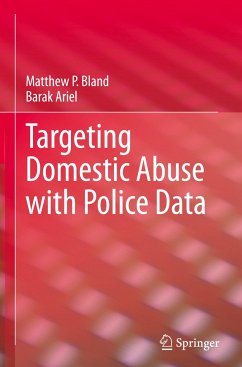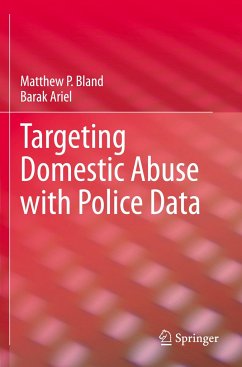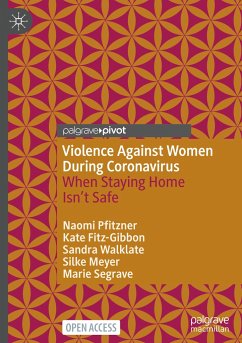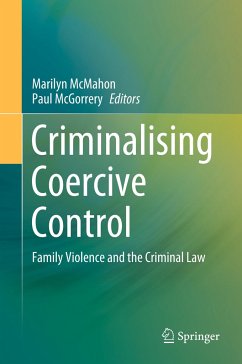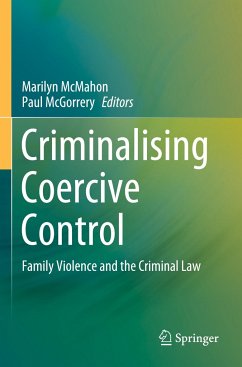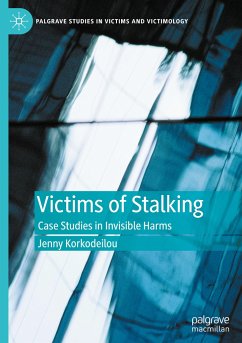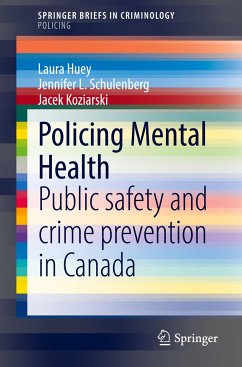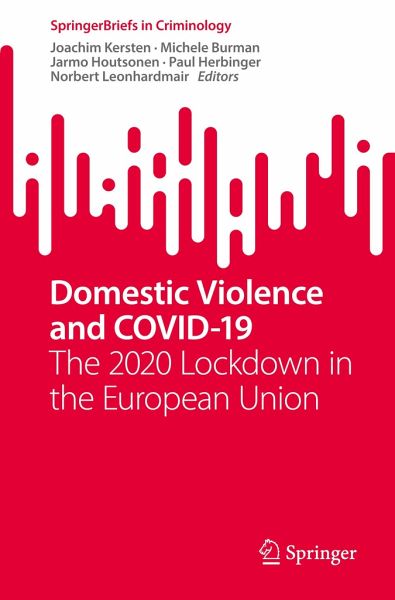
Domestic Violence and COVID-19
The 2020 Lockdown in the European Union
Herausgegeben: Kersten, Joachim; Burman, Michele; Houtsonen, Jarmo; Herbinger, Paul; Leonhardmair, Norbert

PAYBACK Punkte
13 °P sammeln!
This brief maps the available data augmented by expert interviews on the impact of the Covid-19 measures on DV in eight European Member States during the first lock-down. The volume addresses an on-going situation, additionally complicated by renewed lockdown restrictions during autumn and early winter 2020. It assesses the assumptions of an imminent wave of domestic violence against reliable data from crime statistics, surveys, and various institutions responding to domestic violence. Collecting partner country reports from Austria, Finland, France, Germany, Hungary, Portugal, Scotland and Sl...
This brief maps the available data augmented by expert interviews on the impact of the Covid-19 measures on DV in eight European Member States during the first lock-down. The volume addresses an on-going situation, additionally complicated by renewed lockdown restrictions during autumn and early winter 2020. It assesses the assumptions of an imminent wave of domestic violence against reliable data from crime statistics, surveys, and various institutions responding to domestic violence. Collecting partner country reports from Austria, Finland, France, Germany, Hungary, Portugal, Scotland and Slovenia, it demonstrates the effects that lockdown measures starting March 2020 had on reported DV incidents. It considers the differences between each country with respect to policing, legal systems, social and cultural factors and highlights best practices to prevent conditions resulting from Covid-19 lockdown undermining victims' security and frontline responders' capacities to provideservices and prevent domestic violence.






